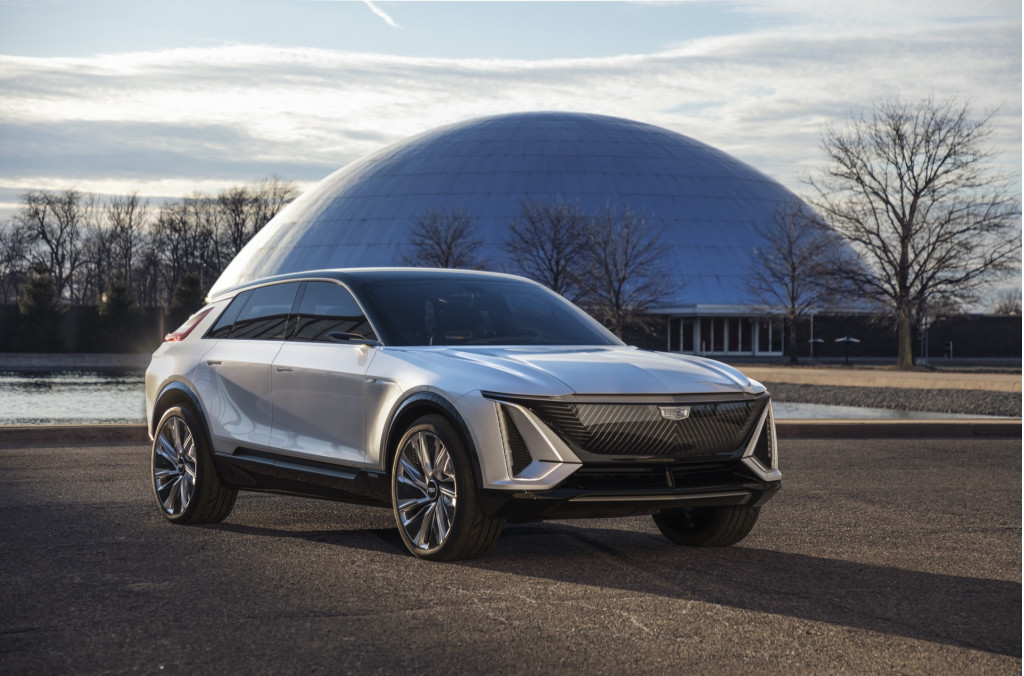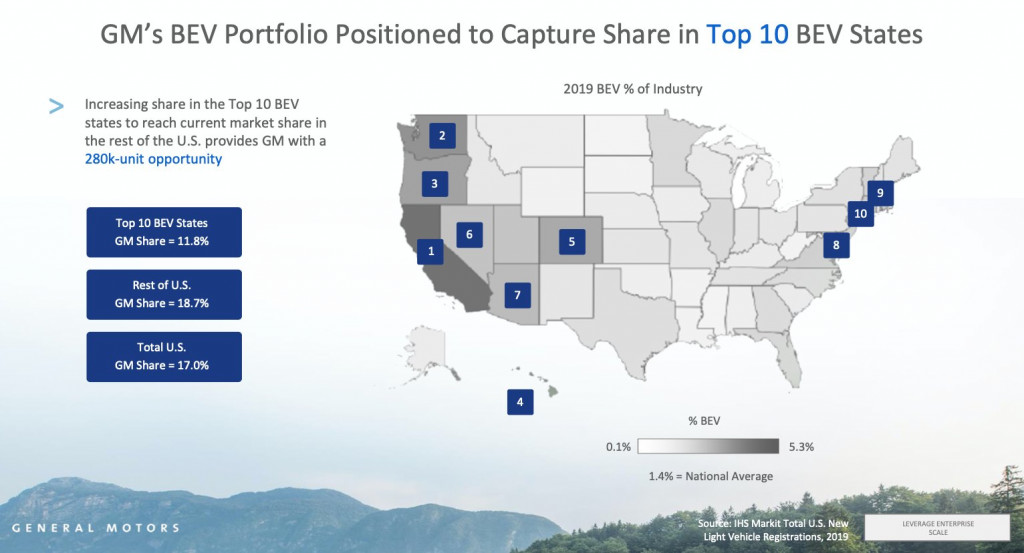GM switches allegiances, halts challenge of California clean-air standards
General Motors Monday confirmed that it has halted its challenge of California’s ability to set its own, stricter emissions standards.
Along with Fiat Chrysler Automobiles (FCA) and Toyota, GM backed the Trump administration’s attempt to rescind California’s Clean Air Act waiver, which allows the state to set emissions standards that go beyond measures enacted at the federal level.
But after a call with California governor Gavin Newsom, GM CEO Mary Barra said in a letter to environmental groups that the automaker is pulling out of a lawsuit over California emissions standards. It’s an indication that GM is preparing to align itself with the Biden administration on emissions rules.
“We believe the ambitious electrification goals of the President-elect, California, and General Motors are aligned, to address climate change by drastically reducing automobile emissions,” Barra said in the letter.

Cadillac Lyriq concept
GM’s actual position has been difficult to parse out, as the automaker asked for one national standard that included policies encouraging EVs while at the same time opposing California’s right to enact clean-air standards—and an EV mandate.
The automaker also last week indicated an eagerness to focus on states where BEVs are more popular, and claimed that it can gain 2 points of market share by focusing on states where BEVs are more popular—although more affordable, higher-volume EVs remain several years off.

GM plans to build market share with EVs
The automaker is also spending $27 billion to launch 30 EVs by 2025. While automakers prefer national regulatory harmony, attacking the state that is currently the largest market for electric cars seemed to be at odds with those plans.
California in late 2019 moved to boycott automakers that opposed its Clean Air Act waiver. In 2018 California spent $27 million on GM vehicles for its government fleets.
The contention became more public earlier this fall, when a set of petitions from environmental groups and Consumer Reports brought attention to the hypocrisy.
But, it seems, GM wasn’t entirely willing to give up its position until the outcome of the presidential election became clear.
The incoming Biden administration is expected to accelerate the change to electric cars with policies like expanding and extending the EV tax credit, investing in charging infrastructure, and making financing available to retool factories for electric cars. That would seem to dovetail with GM’s ambitious EV plans.

